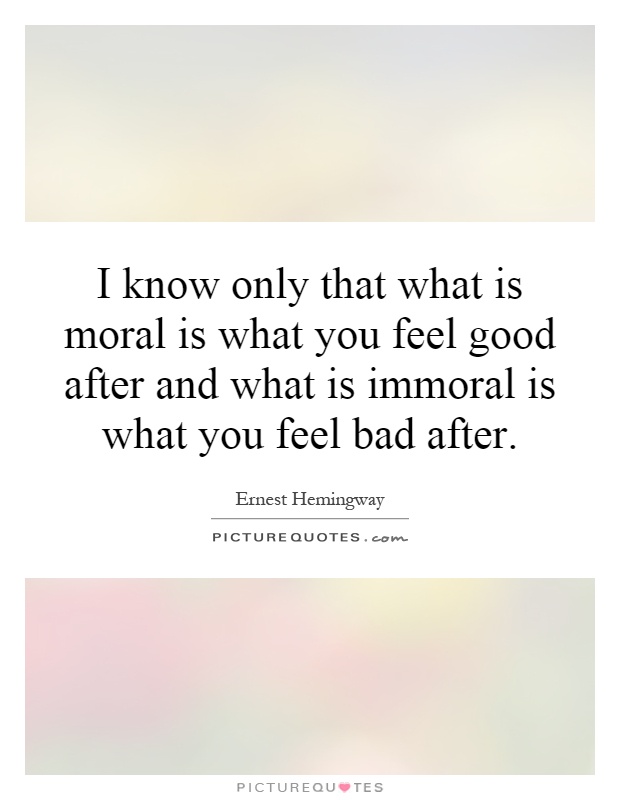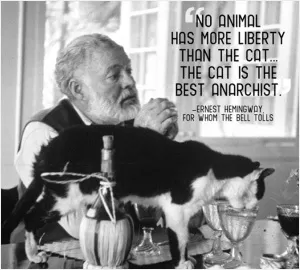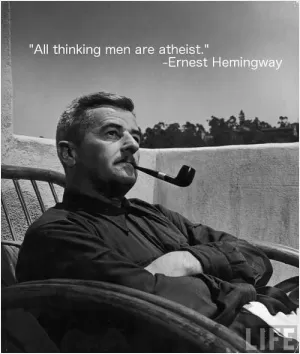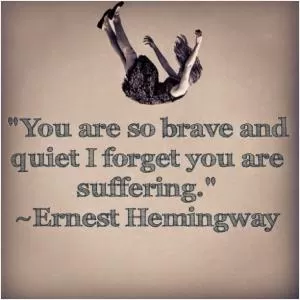I know only that what is moral is what you feel good after and what is immoral is what you feel bad after

I know only that what is moral is what you feel good after and what is immoral is what you feel bad after
Ernest Hemingway, known for his concise and impactful writing style, often explored themes of morality and ethics in his works. One of his most famous quotes, “I know only that what is moral is what you feel good after and what is immoral is what you feel bad after,” encapsulates his belief in the importance of personal conscience and integrity.Hemingway’s characters often grapple with moral dilemmas and the consequences of their actions. In works such as “The Old Man and the Sea” and “A Farewell to Arms,” the protagonists must navigate complex ethical decisions that test their sense of right and wrong. For Hemingway, morality is not simply a set of rules to be followed, but a deeply personal and subjective experience that is rooted in one’s own emotions and conscience.
The idea that morality is tied to our feelings of satisfaction or guilt resonates throughout Hemingway’s writing. His characters are often haunted by their past actions, struggling to come to terms with the moral implications of their choices. In “The Sun Also Rises,” the protagonist Jake Barnes grapples with feelings of guilt and regret over his failed relationship with Lady Brett Ashley, questioning the morality of their affair and its impact on their lives.
Hemingway’s belief in the importance of personal integrity is reflected in his own life as well. He was known for his strong sense of honor and duty, both on and off the page. His experiences as a war correspondent and his participation in World War I and the Spanish Civil War deeply influenced his views on morality and ethics. Hemingway believed in living authentically and true to oneself, even in the face of adversity.
Ultimately, Hemingway’s quote serves as a reminder that morality is not a fixed set of rules, but a deeply personal and subjective experience. What is moral is what aligns with our own sense of right and wrong, and what brings us a sense of peace and fulfillment. Conversely, what is immoral is what goes against our conscience and leaves us feeling conflicted and guilty. Hemingway’s exploration of morality in his works continues to resonate with readers today, challenging us to reflect on our own values and beliefs.












 Friendship Quotes
Friendship Quotes Love Quotes
Love Quotes Life Quotes
Life Quotes Funny Quotes
Funny Quotes Motivational Quotes
Motivational Quotes Inspirational Quotes
Inspirational Quotes